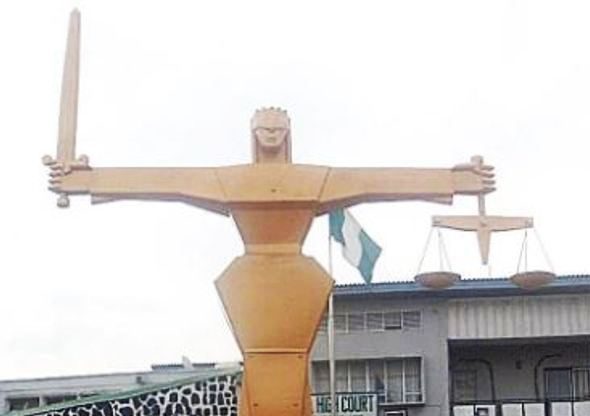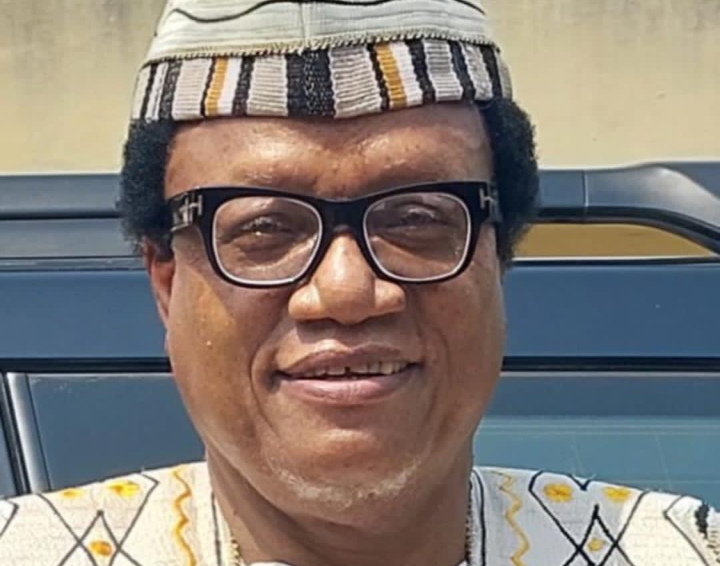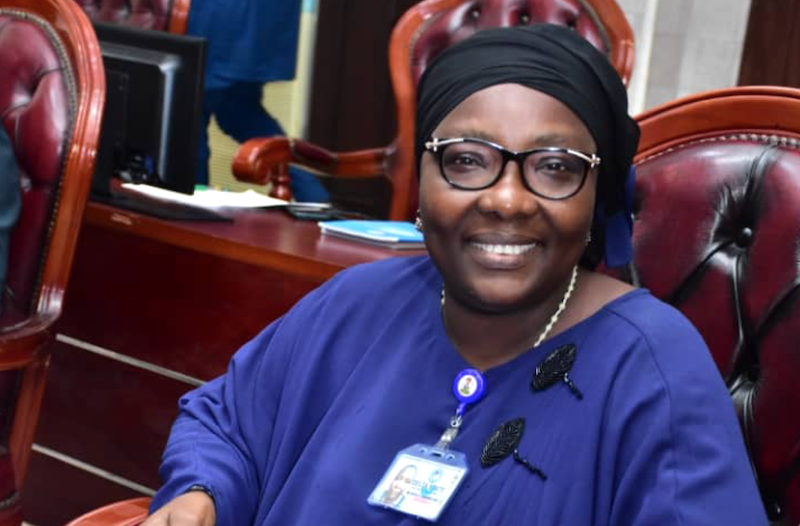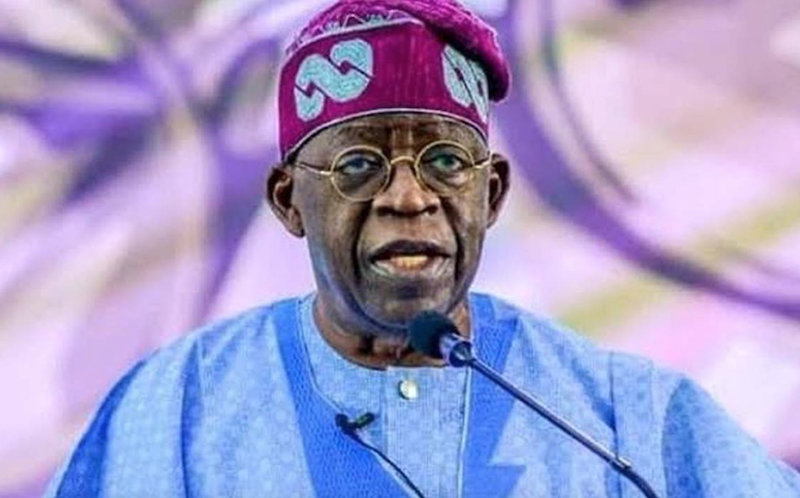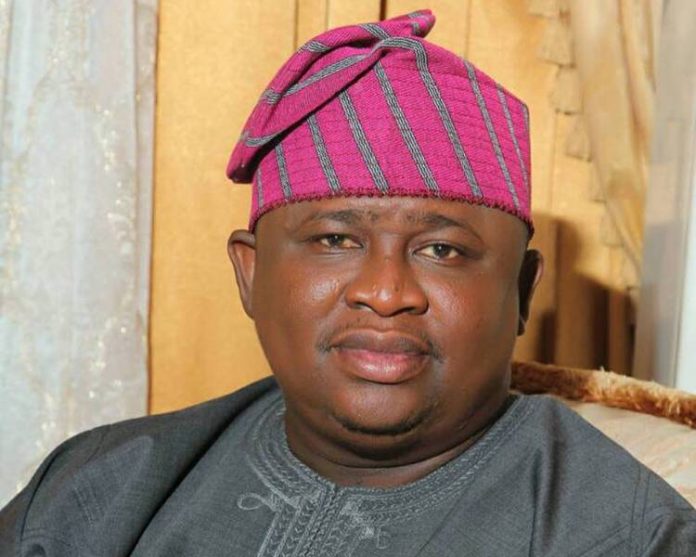Ordinarily, it would be hazardous to judge the judgment of five eminent Federal judges over an issue as life threatening as the results of a Nigerian presidential election. Apex power is involved. Big money is at stake. Livelihoods are up on the hoist. The instruments of state and non-state violence are at the disposal of those whose interests are most troubled. It is a zone where even the angels will tread very cautiously. But once the judges wisely permitted their ruling on the February 25th presidential election to be televised and broadcast live, they admitted we regular mortals into the legitimate sphere of public theatre and drama. As a television mass audience and a public of voting citizens, we automatically acquired the right to judge the judgment of the learned judges. After all, it is all about us and how we are likely to be governed or misgoverned in the next four years at least.
The 13 hour- long theatre of a sea of wigs and gowns in Abuja made impressive spectacle but depressing television. But it may not have been that humorous to too many ordinary Nigerians who had so much at stake. Yet there was still something quite remarkable. A largely lawless and inherently unjust nation parading such a copious population of lawyers is in itself anachronistic. But the ‘show’ failed on many other scores. It was not public entertainment. It was boringly long. As mass legal education, it was a disaster as well as no systematic legal lessons were on offer.
The decision to televise and broadcast live the proceedings of the judgment of the 2023 Presidential Election and Petitions Tribunal may have been well intentioned. After all, democracy ought to be an open festival, more so in the age of instant internet and universal digital television. After 13 hours of boring caterwauling of legalese and motionless suspense, the predictable verdict is out. Spending 13 whole hours to rehearse and restate a forgone outcome is yet another Nigerian first in what is essentially a political conquest of the judiciary.
Yet on closer examination, there was something about the judgment session that was a bit ominously disturbing. The lengthy presentation was perhaps intentional and dubiously strategic. Under normal circumstances, the attention span of a normal listening audience is not beyond three to four hours. To put up a 13 -hour ‘show’ on a matter of supreme public interest on national television was rather cruel but perhaps intentional.
There is perhaps a sense in which that judgment session was a carefully rehearsed public torture designed by people who know a bit more about these matters. You can torture with a long steady beam of light on a subject. You can torture with music at an unusual decibel beamed at a subject in isolation for too long. You can torture with a steady jet of water directed at a subject’s face for long enough to make them confess to a crime they probably did not commit (Guantanamo Bay, Abu Ghraib!). You can even torture with silence in isolation for too long a time to drive your subject crazy. The possibilities are limitless.
For a public television audience, you can torture with a long boring session full of incoherent inanities and legalistic jargon, beamed at an entrapped audience held spellbound by their common interest in the subject. That was what happened on Wednesday, 6th September. Nigerians were hooked in anxiety for an outcome that means something to nearly everyone. It dragged on endlessly but many dared not leave. The political animals in the immediate courtroom were bored and 30% of them were fast asleep and snoring most of the time. Most lawyers in the pack managed to keep half awake for professional reasons.
The five judges presiding over the Tribunal may have fared better as they divided the 800 page judgment into segments among themselves to alleviate their own boredom. At some point, some of the judges fared poorly as they seemed to be reading a pre-written text of doubtful authorship. Like conscripts in a bad drama cast, maybe they did not rehearse enough!
To the perceptive, the prelude was sufficient indication of the forgone outcome. The president jetted off to the G-20 meeting in India, seemingly oblivious of what was in the offing. A date for the judgment was carefully chosen to come a day after the 100 day mark of the Tinubu presidency. The ingenuity of that schedule is that most public discussion will be on the emotional matter of the tribunal verdict, thus crowding out whatever discourse there may be on the chaotic first hundred days of a flip flop presidency from the media space. The DSS predictably warned of opposition plans to protest the tribunal verdict. That was enough indication that the verdict will reaffirm the victory of the incumbent. An incumbent could not possibly be mobilizing to protest against its own victory! Unexpectedly, the Court of Appeal, in an unprecedented gesture, joined the DSS in the scare mongering, cautioning the public to stay home on Judgment Day. They all knew what we did not know. But the ultimate credit must go to President Tinubu for a masterful arrangement!
The verdict of the tribunal has come. It has been greeted by a mix of understandable triumphalism and despair depending on where Nigerians stand on the political spectrum. Among Mr. Tinubu’s immediate political family of party devotees and ethnic cheer mongers, the talking drums and trumpets are out. On the other side, especially among the youth and ‘Obidients’, followers of Mr. Peter Obi and the Labour Party, it is an extended period of virtual mourning. Mr. Atiku Abubakar’s followership is more amorphous and a bit confused and muffled. It is to the eternal credit of the political leaders especially the opposition that the hell predicted by the DSS and other merchants of fear have come to nothing.
Prior to the tribunal verdict, however, there was this stubborn hope among Mr. Obi’s nationwide throng of followers especially that, somehow, the judiciary could restore some justice to a system in which the presidential elections of February 25th was universally adjudged to be seriously flawed. In the minds of this group, the Nigerian judiciary could do one of two things: right what they perceived as an electoral wrong or reaffirm an unpopular status quo in line with its tradition of delivering judgments without justice.
Yet the skepticism remained strong that a judiciary with a strong reputation for corruption and compromise would predictably reaffirm the victory of the incumbent Bola Tinubu. The skeptics have carried the day. After a hundred days of what promises to be a turbulent and bumbling presidency, Mr. Bola Tinubu seems secure in power to begin navigating his way and his country out of very troubled waters.
The actual substance and body of the tribunal judgment proceedings was quite interesting even if long drawn out and spectacularly boring. Many principal actors were asleep half of the time! At some point, the tribunal judges began to sound more like an aggressive band of defense attorneys out to defend the incumbent at all costs. Most of the evidence adduced by the opposition petitioners , Peter Obi and Mr. Atiku Abubakar, were either dismissed as untenable or routinely demolished. Most of the witnesses of the petititoners were equally dismissed, discredited or simply rule out on grounds of personal interest or identity conflict. In all, the tribunal was quite dutiful in throwing out what it did not like and selecting what would not hurt a seemingly preconceived verdict.
Interestingly, all witnesses called by the opposition that had any suggestion of technical expertise and competence were all casually dismissed as either lacking merit or relevance to the issues on hand. The witnesses themselves were cast as persons with either personal pecuniary or other hidden interests or parading expertise that the tribunal said it did not need!
Clearly, the Tribunal was averse to witnesses with a technological bent as they were likely to punch holes in INEC’s leaky armour of technological sophistication. The tribunal simply kept everything at the analogue level as it was in no mood to engage witnesses that would goad them into exposing their own technological deficits. No need to expose the relative ignorance of the learned judges on complex matters of information technology, digital communication or the combustible possibilities of the social media.
Quite conveniently, on the substantive issues of the eligibility of the APC candidate, the Tribunal took recourse to technical conveniences. Questions about Mr. Tinubu’s qualifications were rightly adjudged pre-election matters that ought to have been brought up in the appropriate lower courts and disposed of 180 days before the elections.
But in demolishing most of the grounds of substantive preliminary objections that would have weakened Tinubu’s and INEC’s postions, the Tribunal cleared the pathway for the material evidence in the various petitions. The Tribunal may have staged a valiant legal battle but thrown logic, common sense and national morality to the dogs. So, Tinubu’s refund of $460,000 to the US government had no criminal infraction component. We were however not told what type of transaction the money came from. Was it just a routine errant financial transaction alert that found this huge trove of cash enter Mr. Tinubu’s US account? Maybe, the money was not even connected to him. Maybe, it was an accidental transfer from an unknown vendor of questionable merchandise. Just leave a cloud of doubt in order to degrade the weight of this allegation!
Another curious legal disclosure is that candidates in an election do not have a right to question the eligibility of the candidate of another party for the same election. In other words, it is a fair contest if the other party decides to send in either a Sumo wrestler or killer hulk to duel my frail structure in a wrestling match up!
Strict evidence -based legal outcomes may serve the needs of legal justice. But it often flies in the face of common sense, natural Justice and ignores some of the things that worry ordinary people. These include issues of public morality and the common sense behavior of public institutions. So, the culpability of INEC in the various infractions and irregularities of the election are left to the petitioners to prove beyond reasonable doubt.
As far as the Tribukan was concerned, for as long as petitioners could not discharge the onus of proof of allegations against INEC, the agency is beyond reproach. Worse still, INEC’s own commitments as spelt out in the Electoral Law are conveniently waived, So, INEC did not have to transmit any results electronically or otherwise. It could decide to transmit either electronically or manually or deploy a hybrid system of result transmission. Yet the same INEC paraded the use of BVAS technology and the transmission of results via its IREV portals as the unique selling points of the last elections. The pubic bought into this hoax since these technologies had worked in state governorship elections inAnambra, Edo, Osun and Ekiti states.
Furthermore, the onus of proving an electoral irregularity at a polling station is that of the petitioners with no bounding obligation on the part of INEC to account for the processes at the said polling station. If a petitioner’s agent has evidence of INEC facilitating the thrashing or falsification of election results, the onus of ultimate proof is still the petitioner. The Tribunal cannot even compel INEC to authenticate the processes at that polling centre.
Matters of general abuse and the use of violence, intimidation and profiling to influence the voting process in different parts of the country did not quite qualify for the attention of the Tribunal. Even the rather incisive on –the- spot report of European Union (EU) observers during the elections was rejected by the Tribunal as immaterial to its verdict and beneath its purview. In short, the Tribunal gaove out the overall impression that nothing went wrong on 25th February, 2023. All was smooth, free and fair. It was the opposition, the social media, the EU and other international observers that raked up all this unfounded noise! There is nothing to fix about INEC’s processes, protocols and performance. There was no need to adjust the vote tally since the petitioners could not prove either over voting, rigging, under counting etc anywhere in the country! Therefore, the vote scores of the three principal contestants as declared by INEC remain sacrosanct!
In reaffirming the victory of the incumbent over the claims of the opposition petitioners, the Tribunal was replaying the familiar path of jurisprudence in all matters where the order and peace of the state are challenged. Even ahead of the verdict of the tribunal and those of a possible Supreme Court outing, it is obvious that a reaffirmation of the sovereignty of the incumbent is the easiest option for the judiciary.
The logic is simple , elementary and ancient, deriving from early political philosophies from Thomas Hobbes to John Locke and even Machievelli. Going to the Tribunal or the Supreme Court is a quest for justice according to law. But justice is only possible when law and order prevail in an orderly state. In an anarchy, neither law nor order are possible. Therefore, every judiciary, in matters that challenge the stability of the state and the legitimacy of the sovereign, will always rule in favour of the incumbent order. That is the only guarantee that unites all citizens. The state must exist as an orderly whole in order to make the pursuit of our individual rights, freedoms and quest for justice possible in the first place.
But once an ultimate political consideration such as the survival of the state overrides specific legal arguments in determining a judicial outcome, judges unconsciously don the garb of political partisanship. The lawyers’ wig and gown become part of the costume of political actors and the citizens begin to see judicial outcomes as an extension of the partisan fray.
When politics invades the behaviour of judges, something often goes horribly wrong. In a democracy, the high command of the executive (mostly politicians) invade and even gobble up the judicial branch. The acquiescence of the legislature follows naturally. Authoritarianism becomes a ready temptation. In these parts, nothing touched by politics remains the same. Worse still, anything embraced by politicians gets terminally deformed. This is the terminal risk that the Presidential election Tribunal ran earlier in the week. In stepping beyond law towards ultimate politics, the Tribunal may have usurped the role of the Supreme Court as the ultimate guarantor of the state according to constitution as the final law of the land.
As the haze over the Presidential Election Petitions Tribunal (PEPT) clears in favor of the incumbent, fewer Nigerians now look up to the Supreme Court to make any difference in outcomes. Nigeria’s murky gangster politics seems to have prevailed once again even as the public reservation lingers that Mr. Tinubu’s mandate is based on a flawed election.
In the ensuing months, most Nigerians are more likely to be concerned about where the next meal will come from rather than what the next presidential election holds in store. In this regard, Mr. Tinubu and his team have their task now better defined by that sea of wigs and gowns at the Tribunal.
